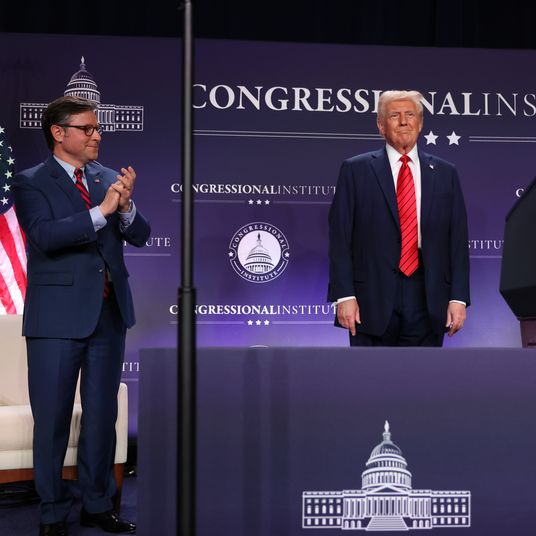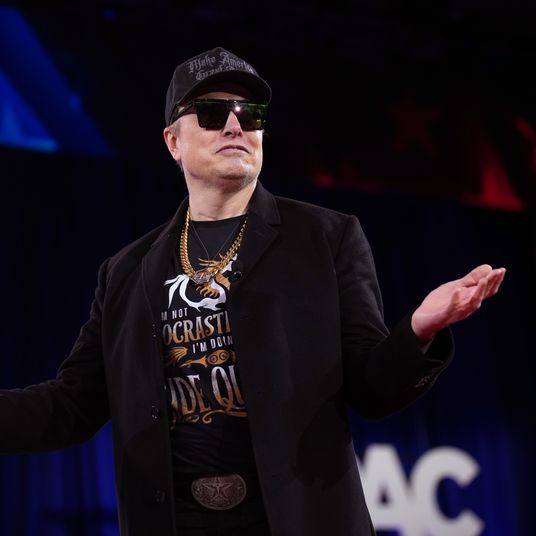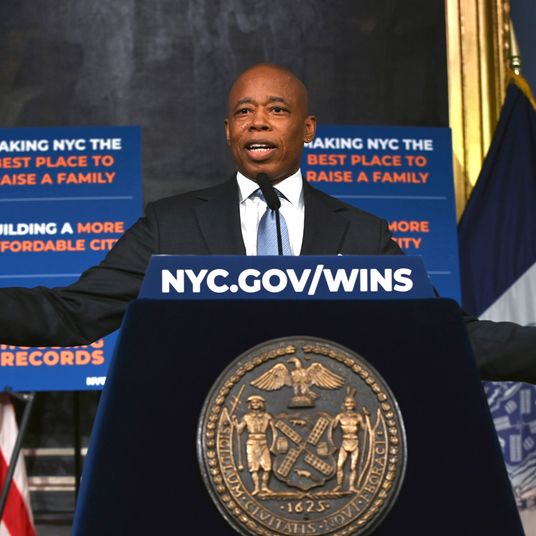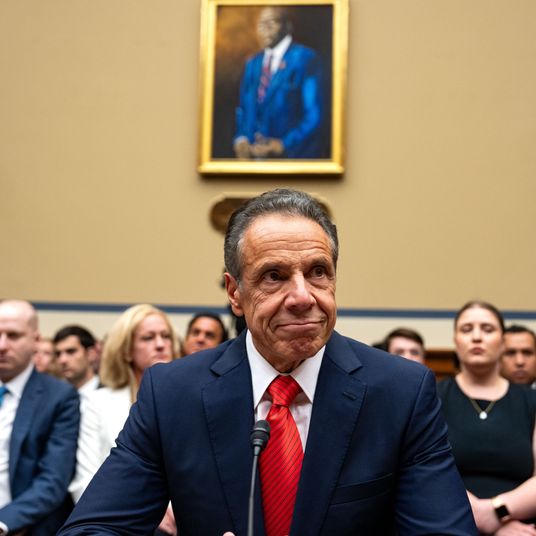
To say that 2021 was a record year for Wall Street is a bit of an understatement. It was a Category 5 hurricane of money that rained down so hard and so fast that cash was practically flying sideways through the air to just about every trader, broker, and financier who happened to be in the business. (This excludes bond traders, thanks to the Federal Reserve. Maybe this will be your year!) The top six banks raked in $157.6 billion in profit, the most ever for the cohort. And yet, the CEOs atop these banks are all talking about one thing: how much it’s cost them to actually pay their bankers. All told, they spent $177.6 billion last year on their workforce — and that’s before bonuses get doled out, which typically come around January, and are promising to be supersized.
This is an extraordinary sum by really any measure, but Wall Street has a bigger problem: Other people are making more money. Changpeng Zhao, the founder of crypto exchange Binance, is worth about $96 billion, according to Bloomberg — and his company didn’t even exist six years ago. Seemingly every crypto trader, venture capitalist, and private-equity banker has, for years, been making more money and having more fun by working on the frontiers of financial technology and building cool new companies — many of which, like those that are trying to make a decentralized financial system, want to undermine the whole concept of Wall Street altogether. The fact is, banks are not only having to pay their employees more to stay, but they’re in the unenviable position of having to pay customers just to use their products, or to promise that they won’t rip them off that much in overdraft fees. Meanwhile, traders and bankers I’ve talked to are all burning out, exhausted by the huge workloads and drudgery of it all. Goldman Sachs has to give out a special bonus on top of its regular bonus, but only for its top one percent. No wonder more people are going to Citigroup — they let you work from home, at least for now.
In general, it’s just getting more expensive to be a big bank. Here’s Jamie Dimon, the CEO of JPMorgan Chase, the largest U.S. bank by just about every measure: “We’re pretty sure we’ll get to breakeven, but we expect that takes a couple of years,” he said last week during an earnings call with analysts. “We already mentioned some of the tech stuff. We have to do it and there’s a little bit of bubble expense in that. There’s even a little bit of bubble expense in the new headquarters.” The key term is “bubble expense.” To translate, the most powerful bank in the country, run by the most famous financier in the world, does not have the same ability to command prices that it used to — and they need to pay extra just to keep up. Dimon went on to say that rising costs haven’t stopped the bank from doing anything, but refused to provide more details on how long that spending would go on for, which was a red flag to some. Mike Mayo, an influential bank analyst, released a report downgrading the stock — essentially, a signal to sell — because all those high costs came with “less certain back-ended benefits.” He told me that, “as an analyst, the burden is not on me to simply trust even someone as successful as Jamie Dimon and JPMorgan. But the burden is on them to give us more granularity and confidence with their spending for growth.”
In fact, when you look at the numbers — and I really hate to say this — but bankers might actually be underpaid. Last year, employees at the same six banks made $159.1 billion in compensation, while the banks booked $81.8 billion in profits, a far wider margin than this year. (When you exclude Wells Fargo, which had much of its profit wiped out last year because of fines, it’s still not as tight a ratio as 2021.) I know this isn’t a traditional way of looking at efficiency or compensation, but at the end of the day, banks have so far kept more of the fruits of their employees’ labor than they had last year. And while bonuses will certainly shift this, about half of that extra compensation is paid out in stock that vests over years.
Why should anybody care? Wall Street, for all of its squeamish aspects, has become boring. Sure, there are still lucrative mega-deals and you still get more money than just about anyone else on the planet. But the traditional finance industry is one of the most scrutinized in the U.S. following the 2008 financial crisis. The people leaving for tech companies or to get into crypto or private equity — all of which are less regulated, if at all — tend to be attracted to risk-taking. So the risks in the financial system are just moving elsewhere, into regulators’ blind spots, and they’re only getting bigger. The fact is that legislation such as the 2010 Dodd-Frank bill made it harder to be a bank, but it also made the banks bigger. There’s a certain logic to this, since you have to pay people more to deal with all the paperwork of legal and regulatory reviews that are common in banks. If it turns out that people are getting paid more in these new industries, and they’re having more fun, too, then why would anyone stay?






























